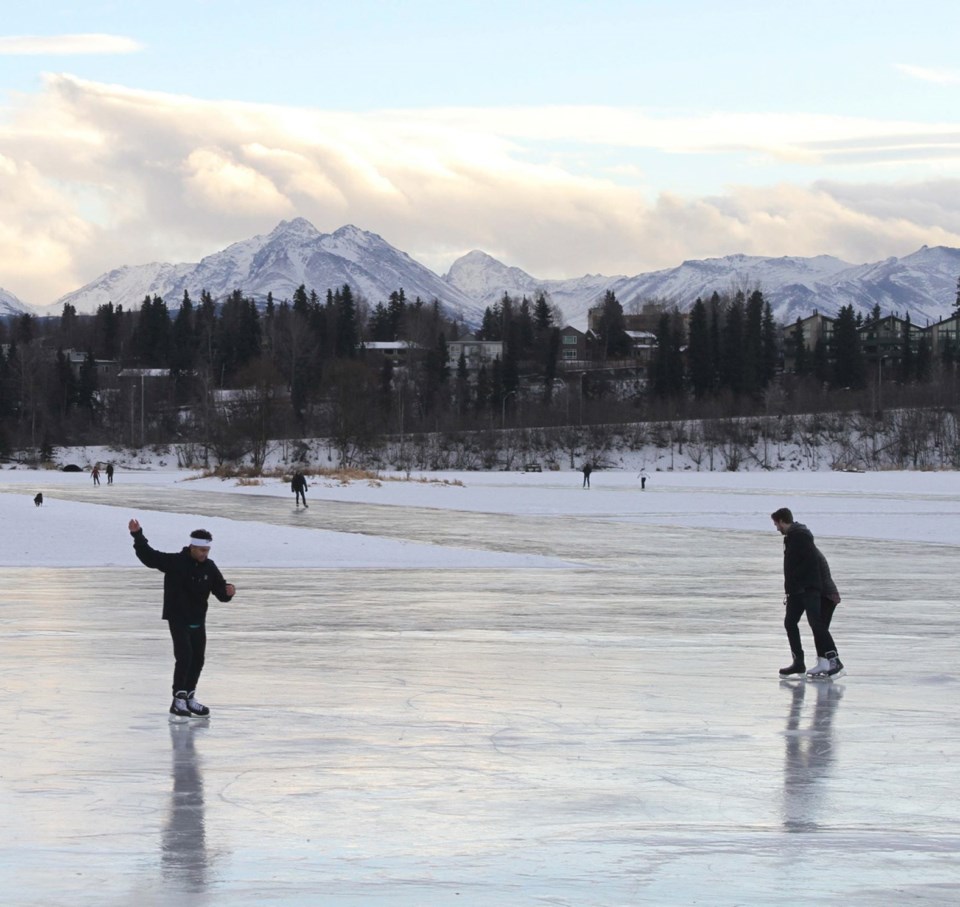In my last column, I described gazing with horror upon a clearcut. I was experiencing — in a small way — what today would be called “solastalgia”: “The pain or sickness caused by the loss of, or inability to derive solace from, the present state of one’s home environment.”
In my case, it was not my home environment, but I can well imagine what the impact would be on people for whom that forest was part of their home environment.
The term solastalgia was coined 15 years ago by Glenn Albrecht, an Australian philosopher. He derived it in part from the idea of nostalgia, which means home-sickness. In the 19th and into the 20th century, he wrote, it was considered a medical condition caused by a desire to return to one’s home.
But while nostalgia is related to removal — voluntarily or involuntarily — from one’s home environment, Albrecht was interested in something different: Dramatic change in the home environment where you still live.
He believes that we derive comfort and solace from our home environment, but that when it is radically changed, we suffer distress. He suggested that this is particularly true for Indigenous people around the world, who might not only have been displaced from their home environment, or seen that home environment radically transformed, but at the same time suffered the radical disruption of their culture. (The Truth and Reconciliation Commission referred to this as amounting to cultural genocide.)
Radical environmental change — and thus solastalgia — can arise from both natural and human-created sources. Natural sources include volcanoes, earthquakes and tsunamis, hurricanes, forest fires, droughts and floods, while human sources include war, resource development and extraction (such as deforestation, mining) and urban (re)development. These are not entirely separate, of course; human actions — particularly those that drive climate change — contribute to several of the examples of “natural” changes that I mentioned.
Contributing to the problem is both the speed and the scale of change; mostly, these events happen in a matter of minutes, hours or days, or at most over a few years. And increasingly, they happen at a large, even global scale. As a result, they can “undermine a personal and community sense of identity, belonging and control,” leading to a sense of hopelessness, or even despair.
Evidence for the existence of solastalgia has been found among Australian farmers facing drought; residents of the Hunter Valley, a major coal-mining area in Australia; people in Appalachia affected by mountain-top removal for coal mining; and people in Arizona affected by a large wildfire, to name but a few.
In sa���ʴ�ý, as reported by Livia Albeck-Ripka in a November 2017 article in the New York Times, climate change and warming in the Nunatsiavut region of Labrador are having an impact on mental health among the Indigenous communities. Research conducted by Ashlee Cunsolo, director of the Labrador Institute of Memorial University, “found that the melted ice, shorter winters and unpredictable weather made people feel trapped, depressed, stressed and anxious, and, in some cases, led to increased risk of substance abuse and suicidal thoughts.” Sadly, I suspect, that might be the case across the Arctic.
I think what makes it worse is when we understand that the damage we see, and that pains us, is caused, in part or in whole, by thoughtless human action. Thus solastalgia is likely to become more prevalent as we enter the Anthopocene — a new geological epoch characterized by massive human impacts on the Earth that will leave their mark in the geological and fossil record — and the full extent of human impact on the Earth becomes increasingly apparent.
In fact, I have been wondering recently if solastalgia is contributing to what in the U.S. are called the diseases of despair: death and disease due to alcohol and drug use and suicide. I don’t think it is something people are necessarily conscious of, but surely the almost daily drumbeat of stories about how we are harming the Earth has an impact.
As Albrecht wrote: “Many people sense that something is wrong with our relationship with the planet. This unease might just be an expression of deep-seated solastalgia.”
Dr. Trevor Hancock is a professor and senior scholar at the University of Victoria’s school of public health and social policy.
